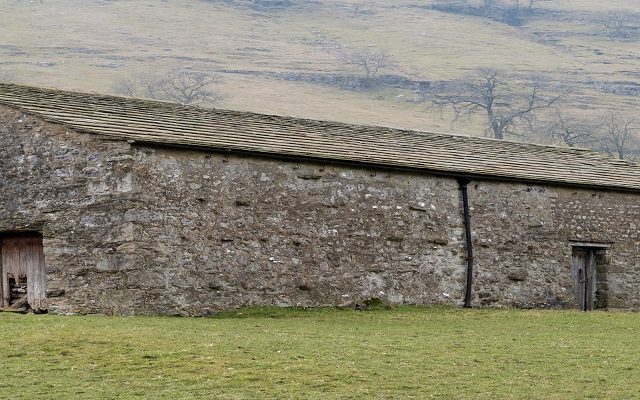Agriculture Act 2020 – a new era in farm and rural policy
The passing of the Agriculture Act 2020 on 11 November 2020 was a significant moment, firing the starting gun on the introduction of a whole new agricultural policy regime for farmers and landowners.
There will be many people in the sector who are too young to remember life before the EU’s Common Agricultural Policy (CAP) so, for them, this is the first Act of Parliament they have seen which sets out the UK’s vision for the farming industry.
The Act’s impact will be felt much more widely than just by farmers themselves, as it sets out the largest shift in farm and rural policy since the UK joined the CAP in 1973. Given the Bill itself was published in September 2018, it has already been the subject of much discussion and debate, but the key points include:
- the de-linking and phasing out of Basic Payments in England between 2021 and 2028;
- the setting up of a new Environmental Land Management System (ELMS) which will reward land managers for producing public goods;
- to help improve productivity and increase technology use on-farm;
- to help the UK meet its 25-year Environment Plan by reducing emissions.
Trade and Agriculture Commission
Recent debate has centred around food security and trade, which resulted in the government including a duty to report to Parliament on UK food security every three years starting in 2021, and the establishment of a permanent Trade and Agriculture Commission (TAC).
This will ensure that the government reports to Parliament on negotiated trade details, to explain the extent to which agricultural production standards (eg on animal welfare & environmental standards) differ from our own or to confirm that standards are equivalent.
Tenancy reforms
The Act also contains various other provisions, such as changes to a number of landlord and tenant issues eg succession provisions for Agricultural Holding Act (AHA) 1986 tenancies, tools to require greater transparency in the food supply chain, and the ability of the government to provide assistance in the event of severe market disturbance. These will all be the subject of secondary legislation and likely to come into force in 2021.
Key issues for farmers
Of primary interest to farmers and landowners in the short term will be:
- the detail of the new support schemes, i.e. ELMS, the recently announced Sustainable Farming Incentive (SFI), and productivity grants
- the size of overall budget and how this compares with the current budget of around £3.2bn per year (for UK BPS and rural development),
- how the new scheme(s) will interact with the phasing out of the BPS and the extent of the ‘funding gap’
These elements will also be the subject of secondary legislation which is yet to be published. However, we are expecting guidance from DEFRA shortly about de-linking and the phasing out of BPS, which is due to start next year.
Strutt & Parker will continue to closely monitor developments through our Farming Research Group and will issue updates to ensure you are kept informed






